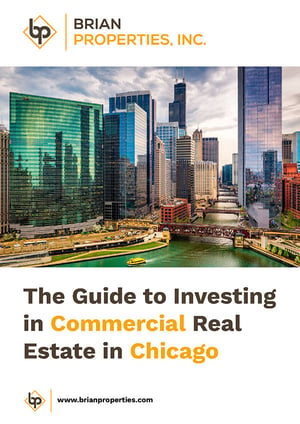Investing in Commercial Real Estate as a Beginner

If you're new to real estate investing, it's essential to familiarize yourself with the basics.
Real estate investment involves purchasing properties with the intention of generating income or appreciation over time.
Chicago provides excellent opportunities for new investors due to its robust commercial real estate market. By starting with a solid foundation of knowledge, understanding the local market dynamics, and working with experienced professionals, property investors can start and maintain a successful real estate portfolio for passive income.
What Are the Basics?
By understanding the basics of commercial real estate investing, investors can tap into the vast potential that Chicago offers. Commercial real estate investing involves the purchase, ownership, leasing, or selling of properties intended for commercial use.
Chicago boasts a robust commercial real estate market with diverse property types, including office buildings, retail spaces, industrial warehouses, and multi-family apartment complexes. Investing in commercial real estate can provide investors with stable cash flow, long-term appreciation, tax benefits, and the potential for value-add opportunities.

















